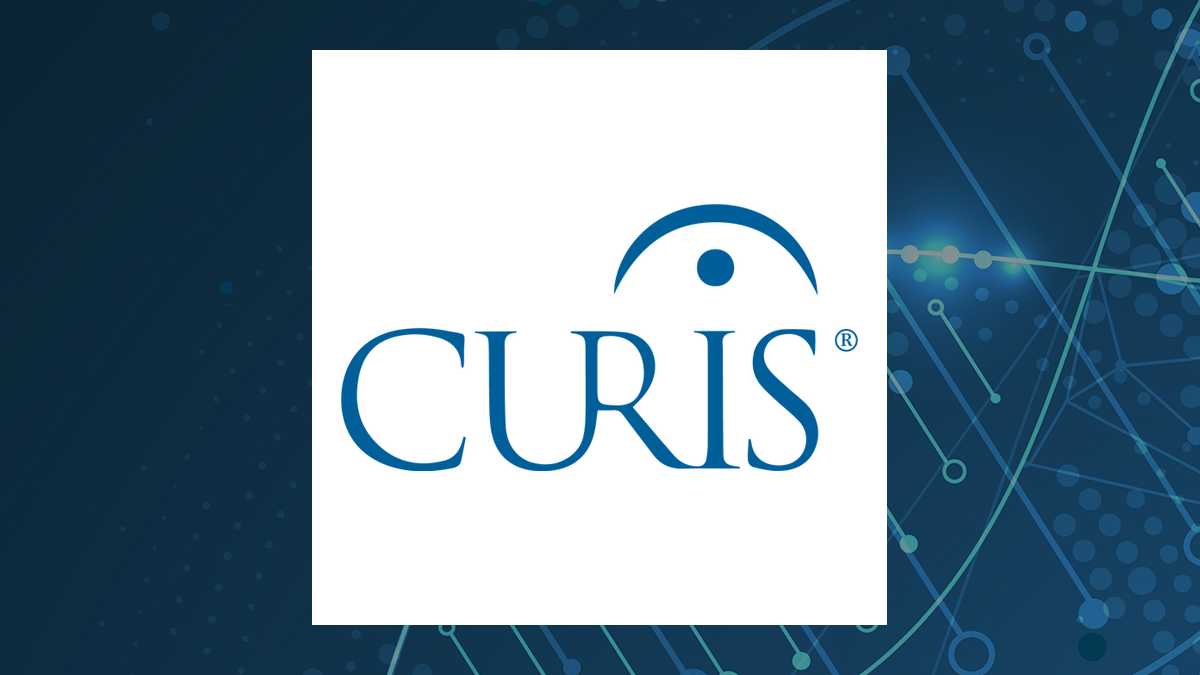Dyadic International (NASDAQ:DYAI – Get Free Report) and Curis (NASDAQ:CRIS – Get Free Report) are both small-cap medical companies, but which is the better investment? We will compare the two businesses based on the strength of their dividends, profitability, valuation, analyst recommendations, earnings, risk and institutional ownership.
Profitability
This table compares Dyadic International and Curis’ net margins, return on equity and return on assets.
| Net Margins | Return on Equity | Return on Assets | |
| Dyadic International | -347.92% | -116.14% | -76.15% |
| Curis | -486.45% | -224.75% | -60.88% |
Analyst Ratings
This is a summary of recent ratings for Dyadic International and Curis, as reported by MarketBeat.com.
| Sell Ratings | Hold Ratings | Buy Ratings | Strong Buy Ratings | Rating Score | |
| Dyadic International | 0 | 0 | 1 | 0 | 3.00 |
| Curis | 0 | 0 | 3 | 0 | 3.00 |
Volatility and Risk
Dyadic International has a beta of 0.9, meaning that its stock price is 10% less volatile than the S&P 500. Comparatively, Curis has a beta of 3.44, meaning that its stock price is 244% more volatile than the S&P 500.
Valuation and Earnings
This table compares Dyadic International and Curis’ revenue, earnings per share (EPS) and valuation.
| Gross Revenue | Price/Sales Ratio | Net Income | Earnings Per Share | Price/Earnings Ratio | |
| Dyadic International | $2.26 million | 19.19 | -$6.80 million | ($0.28) | -5.29 |
| Curis | $10.02 million | 4.06 | -$47.41 million | ($8.61) | -0.80 |
Dyadic International has higher earnings, but lower revenue than Curis. Dyadic International is trading at a lower price-to-earnings ratio than Curis, indicating that it is currently the more affordable of the two stocks.
Institutional and Insider Ownership
28.0% of Dyadic International shares are held by institutional investors. Comparatively, 30.0% of Curis shares are held by institutional investors. 28.8% of Dyadic International shares are held by insiders. Comparatively, 5.7% of Curis shares are held by insiders. Strong institutional ownership is an indication that hedge funds, endowments and large money managers believe a stock is poised for long-term growth.
About Dyadic International
 Dyadic International, Inc., a biotechnology platform company, develops, produces, and sells enzymes and other proteins in the United States and internationally. It utilizes C1-cell protein production platform based on an industrially proven microorganism (C1) for the development and production of biologic products including enzymes and other proteins for human and animal health. The company offers DYAI-100, SARS-CoV-2-RBD antigen vaccine candidate towards a first-in-human Phase 1 clinical trial to demonstrate the safety in humans of a protein produced using the C1 platform. It has also developed the Dapibus thermophilic, a filamentous fungal-based microbial protein production platform to enable the development and large-scale manufacture of cost-effective proteins, metabolites, and other biologic products for use in non-pharmaceutical applications, including food, nutrition, and wellness. The company has a research and development agreement with VTT Technical Research Centre of Finland, Ltd.; license agreement with South Africa's Rubic One Health; Joint Development Agreement with a Global Food Ingredient Company; and sub-license agreement with Abic Biological Laboratories Ltd., Alphazyme, LLC, and Abic Biological Laboratories Ltd. Dyadic International, Inc. was founded in 1979 and is headquartered in Jupiter, Florida.
Dyadic International, Inc., a biotechnology platform company, develops, produces, and sells enzymes and other proteins in the United States and internationally. It utilizes C1-cell protein production platform based on an industrially proven microorganism (C1) for the development and production of biologic products including enzymes and other proteins for human and animal health. The company offers DYAI-100, SARS-CoV-2-RBD antigen vaccine candidate towards a first-in-human Phase 1 clinical trial to demonstrate the safety in humans of a protein produced using the C1 platform. It has also developed the Dapibus thermophilic, a filamentous fungal-based microbial protein production platform to enable the development and large-scale manufacture of cost-effective proteins, metabolites, and other biologic products for use in non-pharmaceutical applications, including food, nutrition, and wellness. The company has a research and development agreement with VTT Technical Research Centre of Finland, Ltd.; license agreement with South Africa's Rubic One Health; Joint Development Agreement with a Global Food Ingredient Company; and sub-license agreement with Abic Biological Laboratories Ltd., Alphazyme, LLC, and Abic Biological Laboratories Ltd. Dyadic International, Inc. was founded in 1979 and is headquartered in Jupiter, Florida.
About Curis
 Curis, Inc., a biotechnology company, engages in the discovery and development of drug candidates for the treatment of human cancers in the United States. Its clinical stage drug candidates include Emavusertib, an oral small molecule IRAK4 kinase inhibitor, which is in a Phase 1/2 open-label, single arm expansion trial in patients with relapsed or refractory, or R/R, AML and high-risk myelodysplastic syndromes. The company's pipeline also includes Fimepinostat, an oral dual inhibitor of HDAC and PI3K enzymes for the treatment of patients with relapsed or refractory diffuse large B-cell lymphoma; CA-170, an oral, small molecule antagonist designated as CA-170 that selectively targets PD-L1 and VISTA; and CA-327, an oral, small molecule, TIM3/PD-L1, which is a molecule antagonist of PD-L1 and TIM3. It has collaboration agreement with Genentech Inc., or Genentech and F. Hoffmann-La Roche Ltd, or Roche, for the commercialization of Erivedge, an orally-administered small molecule hedgehog signaling pathway antagonist for the treatment of advanced basal cell carcinoma, or BCC; Aurigene Discovery Technologies Limited for the discovery, development, and commercialization of small molecule compounds in the areas of immuno-oncology and precision oncology; and also licensed four programs under the Aurigene collaboration, including emavusertib. Curis, Inc. was incorporated in 2000 and is headquartered in Lexington, Massachusetts.
Curis, Inc., a biotechnology company, engages in the discovery and development of drug candidates for the treatment of human cancers in the United States. Its clinical stage drug candidates include Emavusertib, an oral small molecule IRAK4 kinase inhibitor, which is in a Phase 1/2 open-label, single arm expansion trial in patients with relapsed or refractory, or R/R, AML and high-risk myelodysplastic syndromes. The company's pipeline also includes Fimepinostat, an oral dual inhibitor of HDAC and PI3K enzymes for the treatment of patients with relapsed or refractory diffuse large B-cell lymphoma; CA-170, an oral, small molecule antagonist designated as CA-170 that selectively targets PD-L1 and VISTA; and CA-327, an oral, small molecule, TIM3/PD-L1, which is a molecule antagonist of PD-L1 and TIM3. It has collaboration agreement with Genentech Inc., or Genentech and F. Hoffmann-La Roche Ltd, or Roche, for the commercialization of Erivedge, an orally-administered small molecule hedgehog signaling pathway antagonist for the treatment of advanced basal cell carcinoma, or BCC; Aurigene Discovery Technologies Limited for the discovery, development, and commercialization of small molecule compounds in the areas of immuno-oncology and precision oncology; and also licensed four programs under the Aurigene collaboration, including emavusertib. Curis, Inc. was incorporated in 2000 and is headquartered in Lexington, Massachusetts.
Receive News & Ratings for Dyadic International Daily - Enter your email address below to receive a concise daily summary of the latest news and analysts' ratings for Dyadic International and related companies with MarketBeat.com's FREE daily email newsletter.
